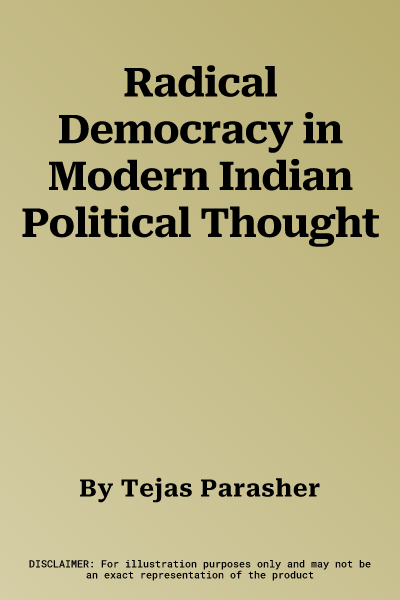Tejas Parasher
(Author)Radical Democracy in Modern Indian Political ThoughtHardcover, 31 July 2023

Temporarily out of stock
Free Delivery
Cash on Delivery
15 Days
Free Returns
Secure Checkout

Part of Series
Ideas in Context
Language
English
Publisher
Cambridge University Press
Date Published
31 Jul 2023
ISBN-10
100930559X
ISBN-13
9781009305594
Description
Product Details
Author:
Book Format:
Hardcover
Date Published:
31 July 2023
ISBN-10:
100930559X
ISBN-13:
9781009305594
Language:
English
Location:
Cambridge
Publisher:
Series: